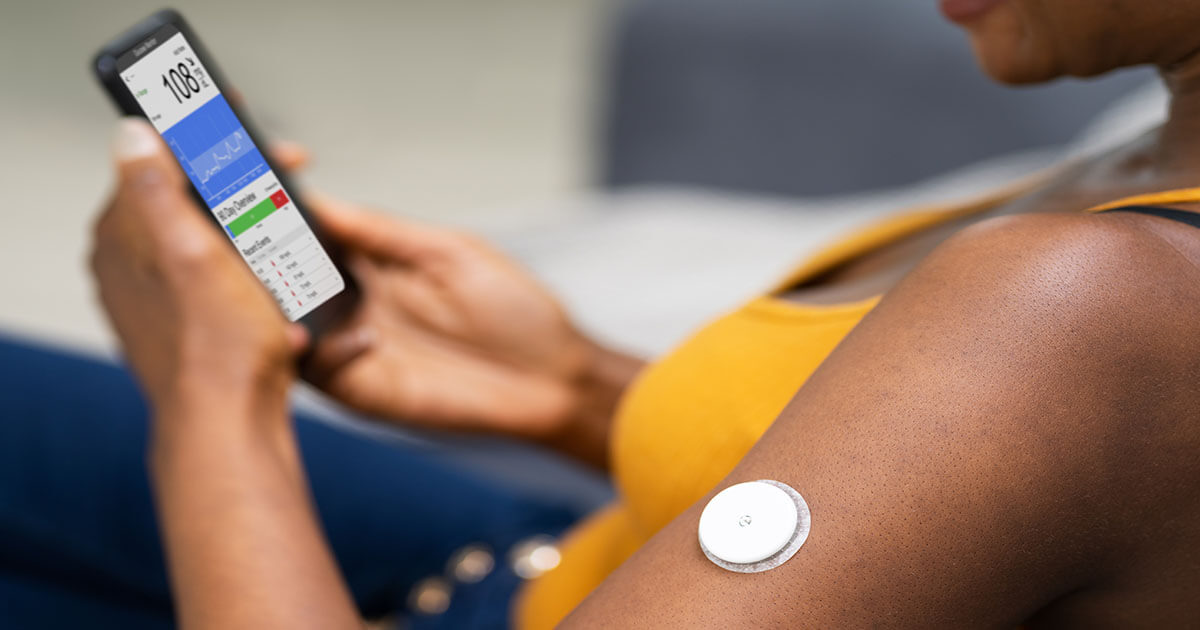The Juvenile Diabetes Research Foundation (JDRF) is the world’s leading charitable funder of research into type 1 diabetes and it provides information and support to help people with type 1 diabetes live long and healthy lives. It also delivers a range of support and engagement programmes for children and young people living with type 1 diabetes. These include the T1 Youth Ambassador programme and Talking T1 schools programme for school-age children, and the Type 1 Toolkit for older teenagers and adults.
The programmes have been developed in collaboration with children and young people, their families, healthcare professionals and teachers. They are designed to engage and inspire JDRF’s future supporters and campaigners, and to build a type 1 community that can improve lives and, one day, find a cure. Being part of the JDRF community brings its own social benefits by providing opportunities to meet others living with the condition and a chance to campaign about issues that really matter to young people. There are well-documented and serious psychosocial issues including isolation, social pressure and depression that are associated with type 1 diabetes, and many programmes have been devised that aim to tackle these issues (Frank, 2005).
Young people and children can join JDRF’s type 1 community by becoming a T1 youth ambassador. Launched in 2009, the programme helps young people aged 5–18 to “make a noise” about type 1 diabetes. It provides tools and encouragement to raise awareness of the condition among their local community, friends and family, or local MPs. More than 800 young people are currently registered as T1 youth ambassadors and the actions they have taken range from posting updates on social media, to writing for the JDRF T1 magazine or attending parliament to meet their MP.
Young people affected by type 1 diabetes are a powerful resource when it comes to raising awareness of the condition among their peer group. JDRF gives them the opportunity to make themselves heard and to recognise and tackle the important issues that face them every day.
JDRF organises twice-yearly action days that aim to inspire, energise and educate T1 youth ambassadors through workshops, guest speakers and team-building activities. T1 youth ambassador Ellie attended a public-speaking workshop at an action day which gave her new skills and confidence to talk about her experience of type 1 diabetes. Ellie said:
“The youth ambassador action day in London was really fun. I had the opportunity to build my confidence in public speaking and to learn more about it, as well as the chance to meet other people with type 1 and some of the amazing people who work at JDRF.”
She was subsequently chosen as co-chair for the Type 1 Parliament, JDRF’s flagship political campaigning event. Type 1 Parliament is held every 2 years, when more than 100 children and adults visit the Houses of Parliament to talk to MPs about the impact type 1 diabetes has had on their lives. Just over 40 T1 youth ambassadors aged 9–18 attended this year, with many more applying to take part. They all met their MP before the event, contacted local newspapers and radio stations, and raised funds to support the event. The ultimate goal is to encourage the government to increase spending on research to similar levels, per capita, seen in the USA, Canada and Australia (Hansard, 2014). On the day, Ellie delivered a speech to nearly 200 people – including more than 60 MPs. She says:
“I took part because I wanted to help make a difference to the lives of those of us with type 1. I had a wonderful experience, gained new friends and felt a true sense of unity as everyone came together for type 1 diabetes to try and change things for the better.”
The experience was equally rewarding to another of the teenage T1 youth ambassador delegates who said:
“I volunteered for Type 1 Parliament because I wanted to make a difference and I wanted my side of the story to be heard. It’s easy to see facts and figures but it’s different to see how decisions and cuts in parliament affect a person individually. The experience has given me an understanding of how these decisions are made in government and shown me that our voices can make a difference. It’s been a fantastic cause to be involved in.”
Signing up to the T1 youth ambassador programme is quick and easy to do online or by filling in a form. All new recruits receive an action pack in the post with lots of ideas and tips for making a noise about type 1, including template letters for writing to the press and MPs. Healthcare professionals can also request sign-up forms to distribute in their clinics.
For school-age children with type 1, JDRF has produced a range of printed and online Talking T1 resource materials, to help school staff better understand and manage the condition. The Talking T1 resources are part of the JDRF schools programme, which began in 2008 to support families and parents of children with type 1 diabetes at primary school. The need for more support for schools was identified through ongoing dialogue with parents, teaching experts and healthcare professionals, which identified the following key issues:
- Type 1 diabetes is an often neglected and misunderstood issue among children and schools in the UK.
- Type 1 diabetes can lead to feelings of isolation from fellow pupils and, in some cases, bullying.
- Many parents reported that their child had been bullied as a result of having type 1 diabetes.
- Many parents experience significant anxiety when their children start school. Similarly, parents have informed us of the emotional trauma of having to switch schools because their child’s health needs were not being accommodated.
As a result, the main objectives of the JDRF schools programme are to:
- Raise awareness and understanding of type 1 diabetes for teachers, school health professionals, pupils and parents.
- Provide school staff with a practical tool to enable them to understand type 1 diabetes and support the needs of pupils within their school.
- Provide parents with information to help them communicate with schools about their child’s condition and the care required.
- Provide classroom teachers with a range of stimulating curriculum-linked topics to enable discussion of the issues associated with type 1 diabetes.
Alongside the printed resource packs, the most popular tool has been the Day in the Life film featuring two 14-year-old T1 youth ambassadors: Cloé, who is on a pump, and Adam, who uses multiple daily injections. The 13-minute film gives a great overview of the things a teenager needs to think about to manage their diabetes and includes insightful interviews with friends, family and teachers. To date, the film has been viewed more than 23 000 times by people in 79 countries. It is available at http://bit.ly/1yzjQkW.
The recent amendment to the Children and Families Act 2014 (Department for Education, 2014) now requires schools to provide support to children with type 1 diabetes in school. Schools must have a medical conditions policy in place, along with an individual healthcare plan that is tailored to the child’s needs. To help schools adhere to the changes, JDRF has made an additional 28-page school guide available to download on its website. It has been compiled by Claire Pesterfield and Kate Wilson from the East of England Children and Young People’s Diabetes Network, and Sandra Singleton and Margot Carson from the North West network. Contact JDRF or visit its website to access all these free resources.
All of the schools resources are available to order or download free of charge from the JDRF website: www.jdrf.org.uk/schools.
For more information about any JDRF programmes or resources, contact Helena Nelson: hnelson@jdrf.org.uk or Simon Mitchell: smitchell@jdrf.org.uk; tel 020 7713 2030.





NHSEI National Clinical Lead for Diabetes in Children and Young People, Fulya Mehta, outlines the areas of focus for improving paediatric diabetes care.
16 Nov 2022